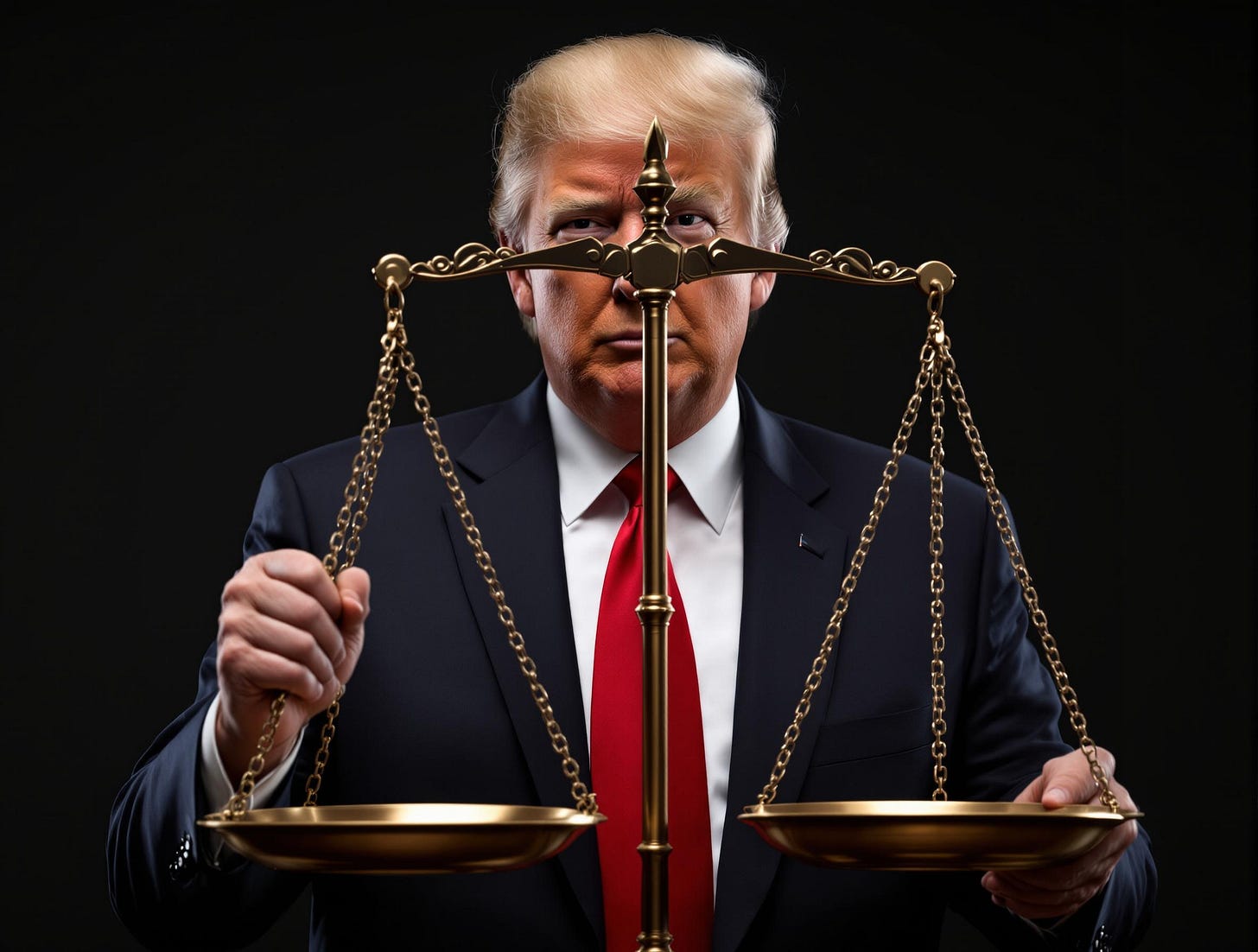Core Brief: H.R. 1 - Nothing To See Here. Just Another Step To Dictatorial Fascism
Trump’s court revolution — He's closer to controlling it all
Everyone is talking about the big beautiful bill, HR 1. Yes, it will increase deficits by $3.4 trillion, to $39.6 trillion, 123.8% of GDP. Yes, millions will lose medical care. Yes, the right to protest will be diminished, and law enforcement will be partially shielded from accountability. That’s all trivial to the bigger picture.
The “real” damage is t…



